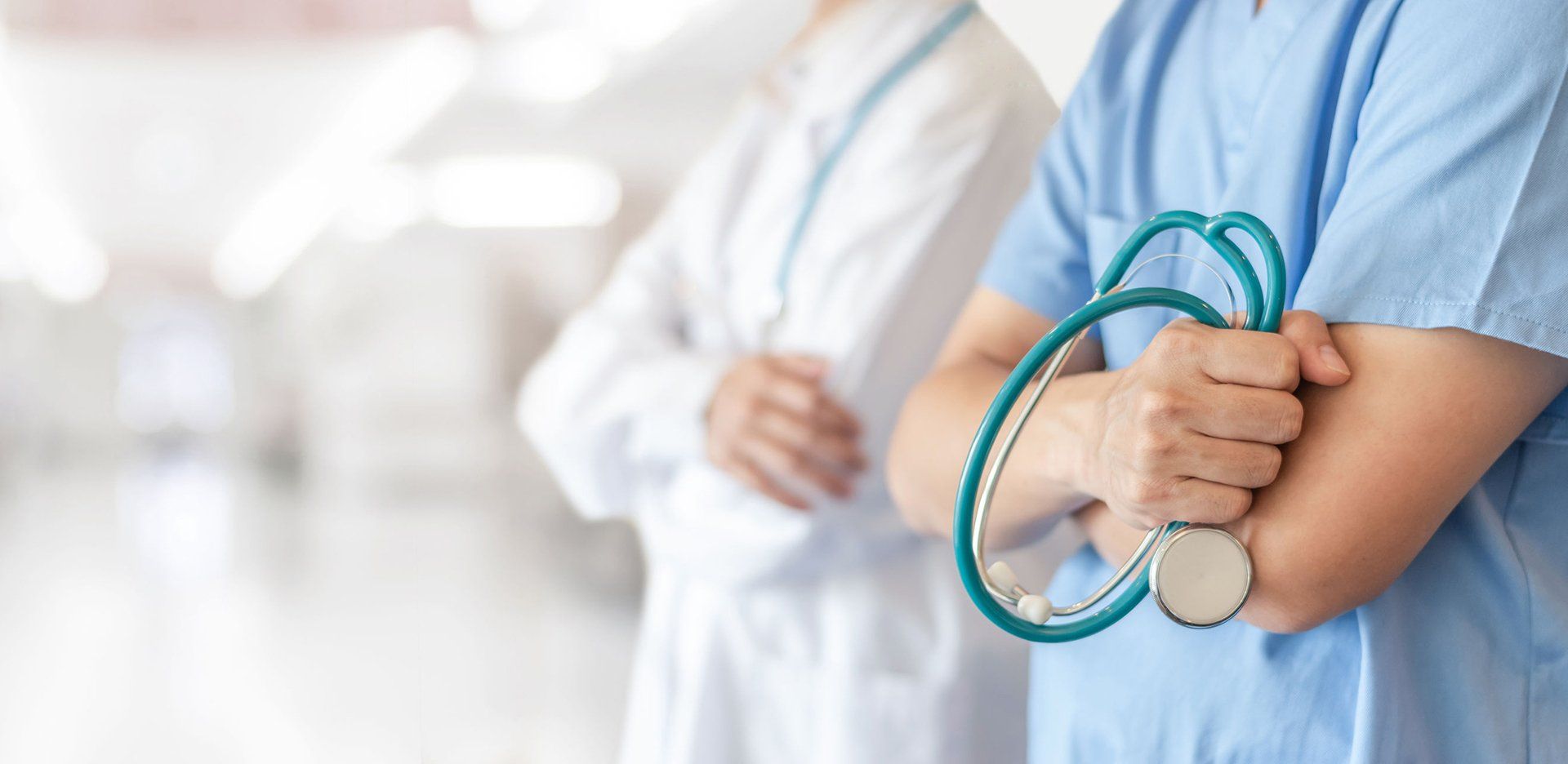Mount Elizabeth Novena Hospital #10-48/49
ENDOSCOPY
-
Colonoscopy
Using the latest spectral imaging colour enchancement techniques for increased accuracy.
-
Gastroscopy
Using the trans-nasal gastroscope for increased comfort.
-
Double balloon enteroscopy
To evaluate the small bowel.
-
Endoluminal stenting of the colon
This is the placement of a metallic stent to relief colonic obstruction from benign and malignant strictures. It allows the conversion of an acute emergency situation into an elective one. Surgery is usually planned at an interval date.
-
Endoscopic mucosal resection
This involves injecting a solution underneath the lesion to ‘lift’ it off the muscle layer of the colon, allowing the deployment of a snare wire and application of cautery to remove the polyp.
-
Endoscopic submucosal dissection
This is an endoscopic technique of removing larger polyps which are not suitable for removal using the standard forceps or snare cautery. A dedicated endoscope and cutting device is used to perform a precise excision of the lesion without penetration into the deeper layers of the muscle wall. Selected early cancers of the colon may be amenable to this form of treatment. Do check with our specialists to see if this is an option.




